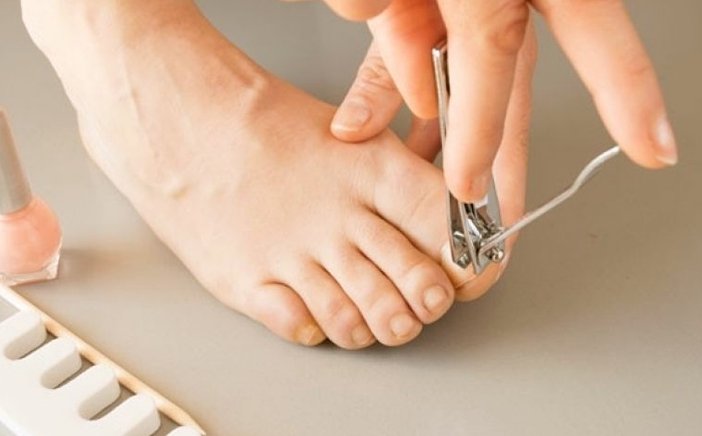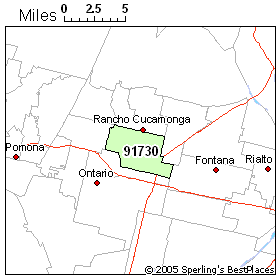When Does Toenail Removal Heal? Timeline Guide

Toenail removal, also known as toenail avulsion, is a surgical procedure that involves the removal of a toenail due to various reasons such as infection, injury, or deformity. The healing process of toenail removal can vary depending on several factors, including the complexity of the procedure, the overall health of the patient, and the post-operative care. In this article, we will provide a comprehensive timeline guide on when toenail removal heals and what to expect during the recovery process.
Immediate Post-Operative Period (0-3 days)

After the toenail removal procedure, the patient may experience some pain, swelling, and bleeding. The toe may be bandaged or dressed to protect it from infection and promote healing. During this period, it is essential to follow the doctor’s instructions for post-operative care, including taking pain medication, elevating the foot, and keeping the wound clean and dry. The patient may need to take a few days off work or school to rest and recover.
Pain Management
Pain management is crucial during the immediate post-operative period. The doctor may prescribe pain medication, such as acetaminophen or ibuprofen, to help manage pain and discomfort. It is essential to follow the doctor’s instructions for taking pain medication and to report any severe pain or discomfort.
| Day | Symptoms | Activities |
|---|---|---|
| 1-2 | Pain, swelling, bleeding | Rest, elevate foot, take pain medication |
| 3 | Reduced pain, swelling | Gradually increase activities, keep wound clean and dry |

Early Recovery Period (4-14 days)

During the early recovery period, the patient can expect to see significant improvement in their symptoms. The pain and swelling should subside, and the wound should start to heal. The patient can gradually increase their activities, including walking and exercising, but should avoid strenuous activities that may put pressure on the toe. The doctor may recommend follow-up appointments to monitor the healing progress and remove any sutures or staples.
Wound Care
Proper wound care is essential during the early recovery period. The patient should keep the wound clean and dry, and change the dressing daily or as instructed by the doctor. The patient should also monitor the wound for signs of infection, such as redness, swelling, or pus, and report any concerns to the doctor.
Late Recovery Period (14-30 days)
During the late recovery period, the patient can expect to see significant improvement in their symptoms. The wound should be fully healed, and the patient can resume their normal activities, including work, school, and exercise. The patient may need to wear a bandage or dressing to protect the toe for a few more weeks. The doctor may recommend a follow-up appointment to check on the healing progress and provide any further instructions.
Returning to Normal Activities
Returning to normal activities, such as work, school, or exercise, should be done gradually. The patient should avoid strenuous activities that may put pressure on the toe and should wear comfortable shoes and socks to reduce friction and irritation.
| Week | Symptoms | Activities |
|---|---|---|
| 2-4 | Improved symptoms, reduced pain | Gradually increase activities, avoid strenuous exercise |
| 4-6 | Full recovery, no pain | Resume normal activities, including work, school, and exercise |
FAQs
How long does it take for a toenail to grow back after removal?
+A toenail can take up to 12-18 months to grow back after removal. However, this can vary depending on several factors, including the individual’s age, health, and the complexity of the procedure.
What are the potential complications of toenail removal?
+Potential complications of toenail removal include infection, bleeding, and nerve damage. It is essential to follow the doctor’s instructions for post-operative care to minimize the risk of complications.
Can I drive after toenail removal?
+It is recommended to avoid driving for at least 24-48 hours after toenail removal, as the patient may experience pain, swelling, and discomfort. However, this can vary depending on the individual’s condition and the doctor’s instructions.



